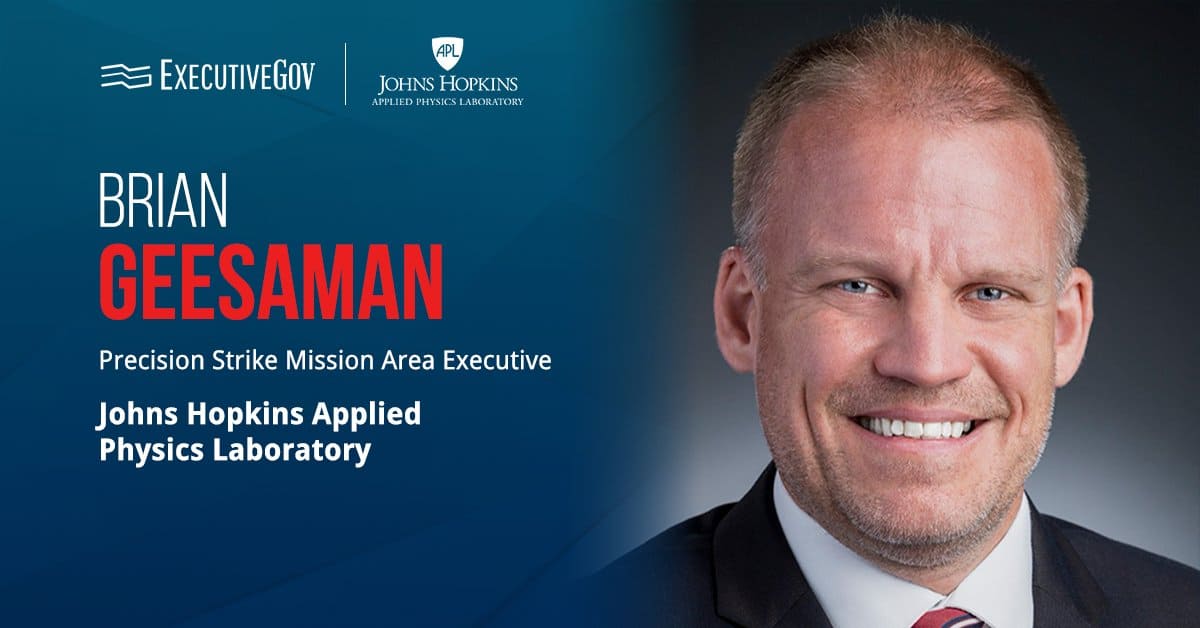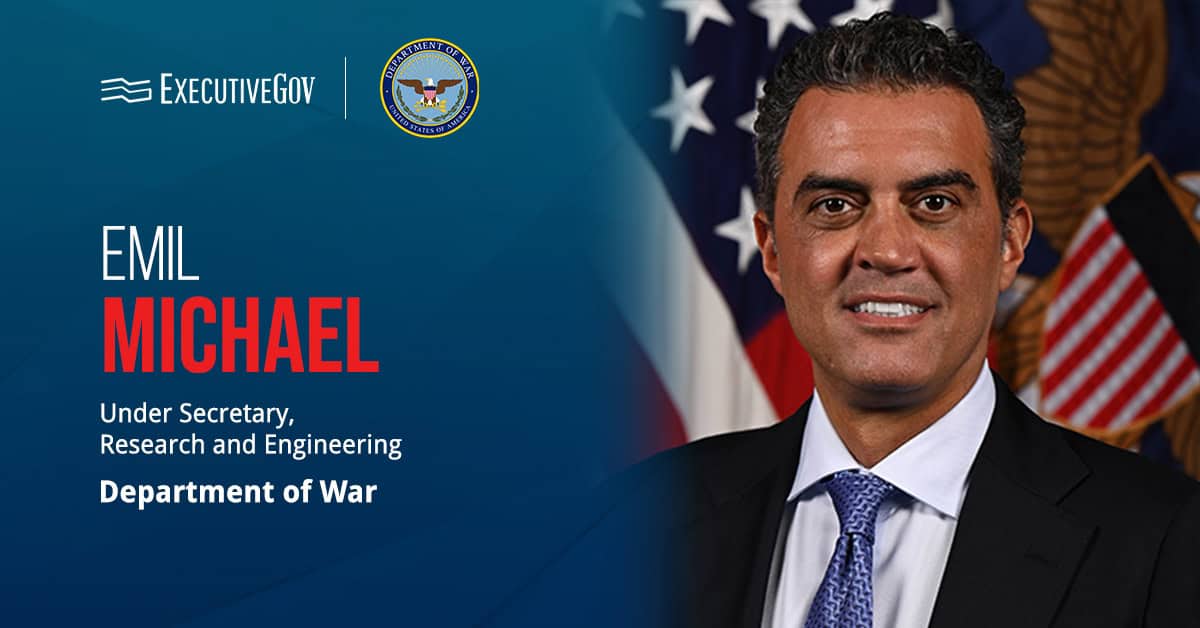
A bipartisan group of senators reintroduced a new bill to extend the International Space Station’s operational life through 2030. The Space Frontier Act would allot funds for ISS’ continued operation and omit regulations that prevent the station from further development, the office of Sen. Ted Cruz, R-Texas, said Thursday.
Cruz reintroduced this legislation with Sens. Kyrsten Sinema, D-Ariz., Roger Wicker, R-Miss., Ed Markey, D-Mass., and Gary Peters, D-Mich.
“The Space Frontier Act moves our nation forward in taking the critical step of continuing the operations and utilization of the International Space Station through 2030, securing the United States’ competitive edged against China in low-Earth orbit,” Cruz said.





